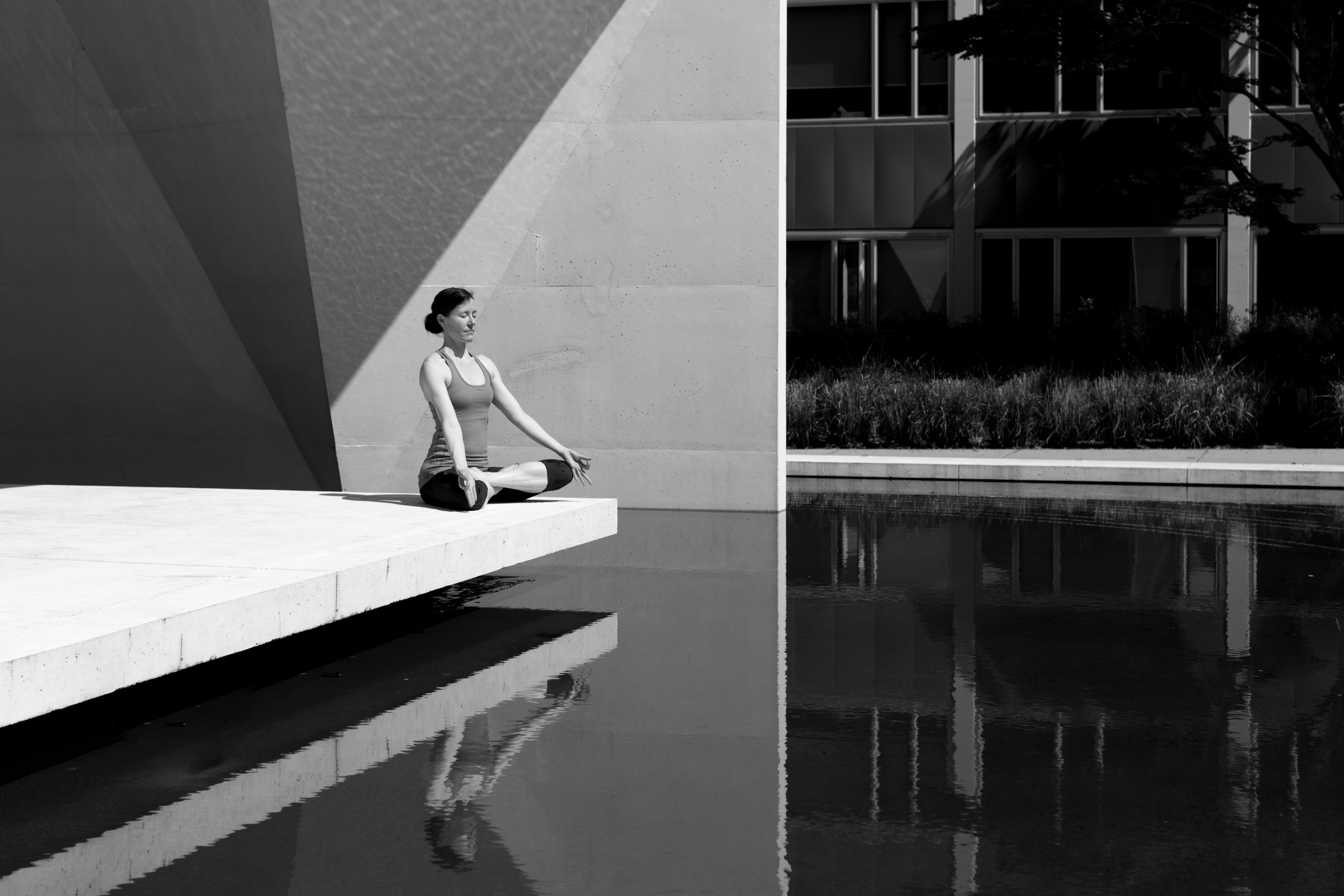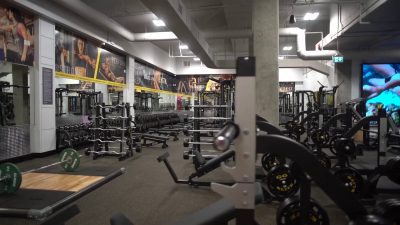What is mindfulness?
“Mindfulness is the ability to be fully present and engaged in the moment, aware of your thoughts and feelings without distraction or judgement” – headspace
This practice can be in the form of meditation, journaling, gratitude practice, movement base with yoga or walking.
Mindfulness practices can increase our ability to be present in the moment which in turn helps us regulate emotions, decrease stress, anxiety and depression. It does so by allowing us the time to observe our emotional reactions, assisting us to develop healthier and more compassionate responses.
Mindfulness focuses on the present moment and all that is in our present control. The past has happened, the future is not yet here and all you have is this moment.

Finding what works for you
When we approach mindfulness, the most common tool used is meditation. Meditations is training our awareness and perspective, learning to observe our thoughts and feelings without judgement. Meditation has some physiological responses too that have been noted through scans such as MRI’s on brain activity. These show a slowing response in our processing, assisting in increasing focus and improving cognitive aging! This all acts like a muscle though and requires consistent work to reap the most rewards – just like our daily exercise.
Meditation is a practice, which requires daily work to get used to. For some people it may not be the easiest practice to start with and it might be better to start in some form of mindful movement to break up your day. This can be walking in nature or some stretching to recenter your mind. As you practice this movement the goal would be to focus on the moment, like the fresh air, how the sun feels, how your stretch deepens with your breath. Using meditative processes while practicing these movements will help you become more mindful about the activity. The goal is to be present and aware, taking time from our busy minds to refocus.
Other forms of mindful practice can include journaling and gratitude. Journaling can help you focus on what you presently feel and align your emotions in a positive way. Let yourself recognize you have the power to choose how you feel and how you perceive your day. Write down your thoughts and experiences, describe what you felt or are feeling. which ones you want to feel.
Gratitude is the appreciation of everything you have in life. This can be material, physical, well-being and security. Starting a day with writing down all you are grateful for is a perfect way to align yourself with the present moment. We often wish for more, without recognizing and being grateful for all that we have.
How to practice this daily
Like exercise, mindfulness is a practice that requires consistent effort to reap all the benefits. You want to find the time of day that is best for you to have your own mindful practices. This can change depending on your schedule and what feels best for you. An example of a day of mindfulness:
- In the Morning, meditate and journal first thing: Gratitude and Intention setting
- Midday, take a break and move distraction free: Go for a walk outside, even just around the block without any devices and try to notice new things about your neighbourhood
- If the weather does not permit walking, there are options to do some desk stretches or midday mindful movement. Even a quick breathing exercise: Inhale for 4, hold for 6, exhale for 10 repeated 3-times is a great way to reset your nervous system.
- Before bed, meditate or set some time to journal: Reflect on your emotional state, what good things happened through your day – find a positive thought to help carry you to sleep.
Our challenge to you is to add some mindfulness into your day for the next two weeks, we’ve prepared a handy calendar you can download below to track your own progress! Let us know how you feel after trying out some of these tips.


 WEST BROADWAY
WEST BROADWAY UNIVERSITY MARKETPLACE
UNIVERSITY MARKETPLACE COQUITLAM
COQUITLAM LANGLEY
LANGLEY